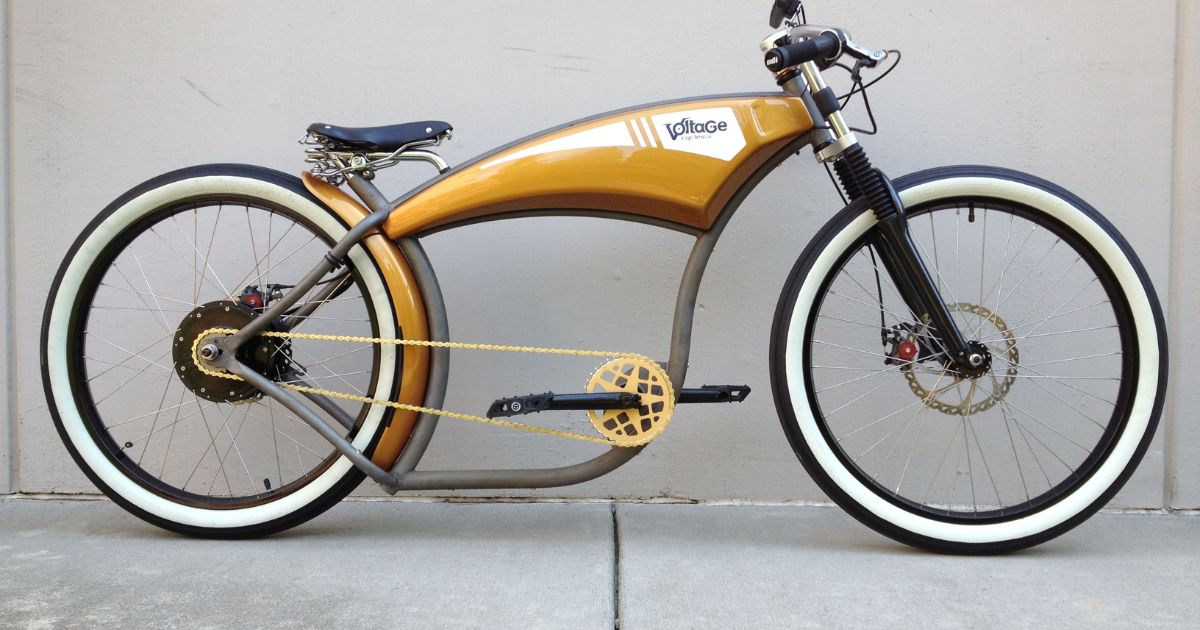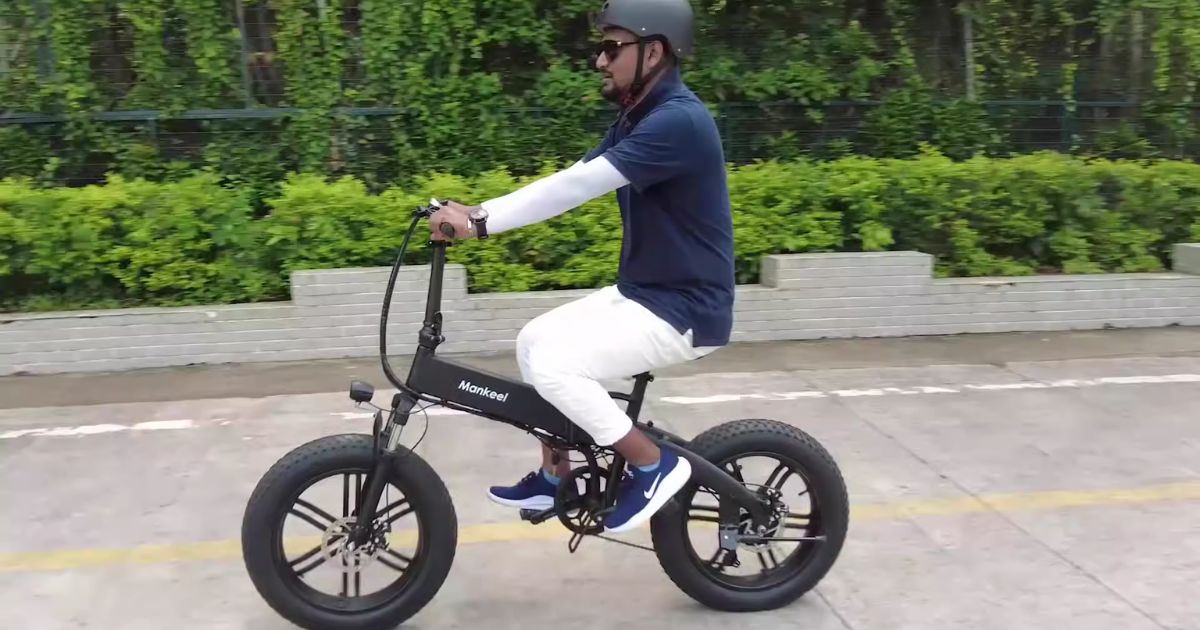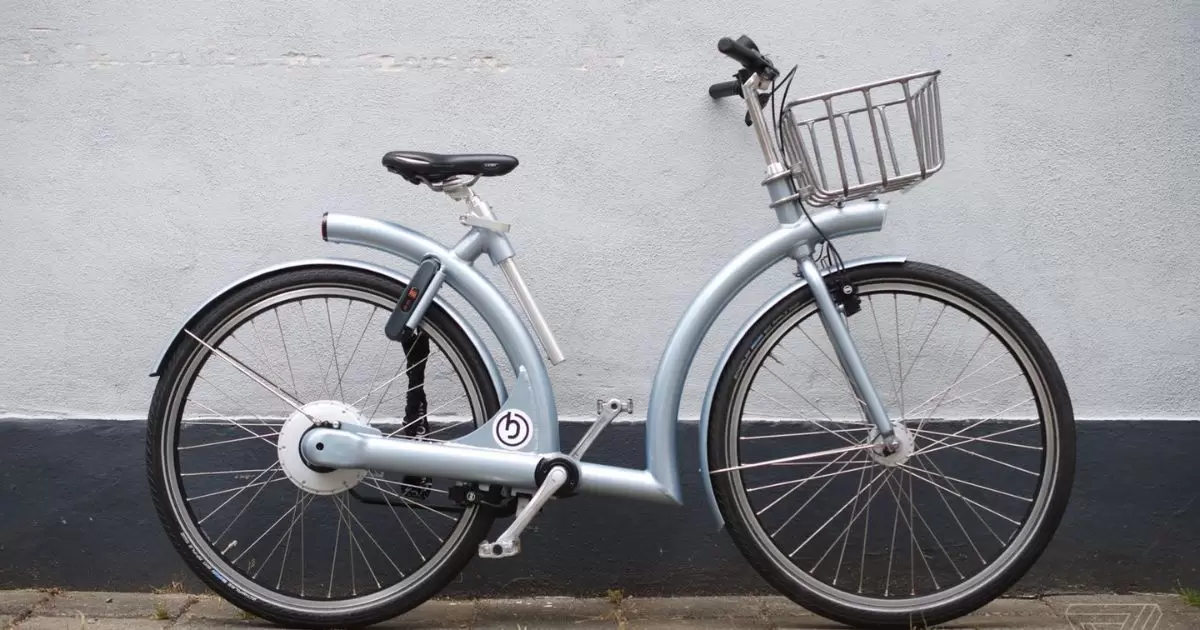Electric bikes, or e-bikes, are bicycles equipped with an electric motor that assists propulsion, providing riders with an extra boost while pedalling. They offer a convenient and eco-friendly alternative for commuting and recreational cycling.
Electric bikes, also known as e-bikes, are crafted in diverse corners of the globe. From bustling factories in China, where a significant portion of e-bikes is manufactured, to high-tech facilities in Europe and the United States, these innovative two-wheelers come to life through international collaboration.
Electric bikes are manufactured globally, with production hubs in countries like China, Taiwan, and Germany. Many well-known brands source components from various regions and assemble bikes in their respective facilities. The growing popularity of electric bikes has led to a diverse and widespread manufacturing network.
Global Landscape of Electric Bike Manufacturing
The global landscape of electric bike manufacturing has witnessed significant growth and innovation in recent years. With an increasing emphasis on sustainable transportation, electric bikes have gained popularity as an eco-friendly alternative to traditional bicycles and gas-powered vehicles.
Manufacturers from around the world are investing in research and development to create efficient and affordable electric bike models. China has emerged as a key player in the electric bike market, producing a substantial percentage of the world’s electric bikes. European countries, too, have seen a surge in electric bike manufacturing, driven by the growing demand for clean and energy-efficient transportation options.
Leading Countries in Electric Bike Production
| Rank | Country | Contribution to Electric Bike Production |
| 1 | China | Significant share, leading production |
| 2 | European Union | Growing production, emphasis on quality |
| 3 | United States | Increasing production, diverse market |
| 4 | India | Emerging player, rising production |
| 5 | Taiwan | Notable contribution, technology focus |
Regional Hubs for Electric Bike Production
Regional hubs for electric bike production are strategically located centres where the manufacturing of electric bikes takes place on a larger scale to meet the growing demand. These hubs serve as focal points for assembling various components, including motors, batteries, frames, and electronics.
By concentrating production in specific regions, manufacturers can take advantage of economies of scale, streamline supply chains, and reduce transportation costs. Regional hubs often contribute to the development of local economies by creating job opportunities and fostering expertise in electric bike manufacturing.
Emerging Trends in Electric Bike Manufacturing Locations
In recent years, there has been a surge in the popularity of electric bikes (e-bikes), and this has led to several emerging trends in their manufacturing locations. Here are some key points to highlight these trends:
Global Expansion: Electric bike manufacturing is no longer limited to a few traditional hubs. We now see a global expansion of production facilities, with companies establishing manufacturing plants in various regions to cater to local demand.
Proximity to Markets: Manufacturers are increasingly setting up production facilities closer to their target markets. This allows for quicker delivery times and reduced transportation costs, contributing to a more sustainable and efficient supply chain.
Government Incentives: Many countries are offering incentives and subsidies to promote the production of electric vehicles, including e-bikes. This has led manufacturers to choose locations where they can take advantage of supportive government policies and financial benefits.
Supply Chain Optimization: The electric bike industry is evolving rapidly, and manufacturers are optimizing their supply chains. This involves selecting manufacturing locations based on the availability of raw materials, skilled labour, and efficient logistics to streamline production processes.
Technological Innovation Centers: E-bike manufacturing is not only about assembly but also about technological innovation. Companies are choosing locations that provide access to research and development hubs, fostering collaboration with experts in battery technology, motor systems, and smart connectivity.
Impact of Geopolitical Factors on Electric Bike Production
Identify Key Geopolitical Factors: Begin by understanding the geopolitical factors that can influence electric bike production. These may include trade agreements, tariffs, political stability, and regional conflicts.
Assess Supply Chain Vulnerabilities: Evaluate the supply chain for electric bike components and raw materials, considering geopolitical risks. Identify potential disruptions in the procurement of essential resources due to geopolitical tensions or trade restrictions.
Monitor Regulatory Changes: Stay informed about geopolitical shifts in regulations related to environmental policies, labour laws, and manufacturing standards. Changes in these areas can impact production costs, compliance requirements, and market access.
Diversify Manufacturing Locations: Reduce the impact of geopolitical uncertainties by diversifying manufacturing facilities across different regions. This strategy helps mitigate risks associated with political instability or sudden policy changes in a single location.
Adapt Market Strategies: Regularly review and adapt marketing strategies based on geopolitical developments. Be flexible in responding to changes in consumer preferences, international trade dynamics, and geopolitical events that may affect the demand for electric bikes in specific regions.
Supply Chain Dynamics In The Electric Bike Industry
In the electric bike industry, supply chain dynamics play a crucial role in ensuring the seamless production and delivery of electric bicycles to consumers. The supply chain encompasses various stages, from the sourcing of raw materials like batteries and motors to the manufacturing process and finally, distribution to retailers.
Efficient coordination and communication among suppliers, manufacturers, and distributors are essential to meet the growing demand for electric bikes. Timely access to high-quality components, effective production processes, and streamlined logistics are key factors influencing the industry’s success.
Environmental Considerations in Electric Bike Manufacturing
When manufacturing electric bikes, it’s crucial to pay attention to environmental considerations to minimize the impact on our planet. The production process should prioritize eco-friendly materials and practices, such as using recycled metals and plastics. Energy-efficient manufacturing methods and renewable energy sources should be employed to reduce carbon emissions.
Proper disposal and recycling mechanisms for batteries, a key component in electric bikes, must be implemented to prevent environmental harm. By incorporating these environmentally conscious practices, electric bike manufacturers can contribute to a cleaner and more sustainable future, ensuring that the joy of biking doesn’t come at the expense of our planet.
Frequently Asked Questions
Do all electric bike brands have their manufacturing facilities?
Not necessarily. While some electric bike brands have their manufacturing facilities, others may outsource production to specialized factories. The decision often depends on factors such as cost, expertise, and efficiency in production.
Are there any electric bikes made in the United States?
Yes, there are electric bikes manufactured in the United States. Some American companies produce electric bikes domestically, while others may assemble bikes using imported components. The production location can vary among different brands.
Do electric bikes from different countries have different qualities?
The quality of electric bikes is not solely determined by their country of origin. It depends on various factors such as the brand’s commitment to quality control, the expertise of the manufacturing process, and the components used.
Conclusion
Electric bikes, or e-bikes, are manufactured in various locations around the world. The production of electric bikes is not limited to a single country, as many manufacturers have established facilities in different parts of Asia, Europe, and North America. The global demand for e-bikes has led to a diverse production landscape, with different companies contributing to the industry’s growth.
From innovative technology hubs to traditional manufacturing centres, electric bikes are crafted in factories that cater to the increasing interest in sustainable and efficient transportation. As the popularity of electric bikes continues to rise, the industry’s geographical footprint is likely to expand, contributing to the worldwide adoption of this eco-friendly mode of transportation.

I’m passionate electric scooter enthusiast and the voice behind this blog. I’m here to share my expertise and insights with you. From in-depth reviews to problem-solving guides, my goal is to help you make the most of your electric scooter experience.










![Gomyfinance.com Invest: I Made $5,000 in My First Month [Real Results 2025]](https://electopolo.com/wp-content/uploads/2025/05/Gomyfinance.com-Invest-I-Made-5000-in-My-First-Month-Real-Results-2025-150x150.jpg)


